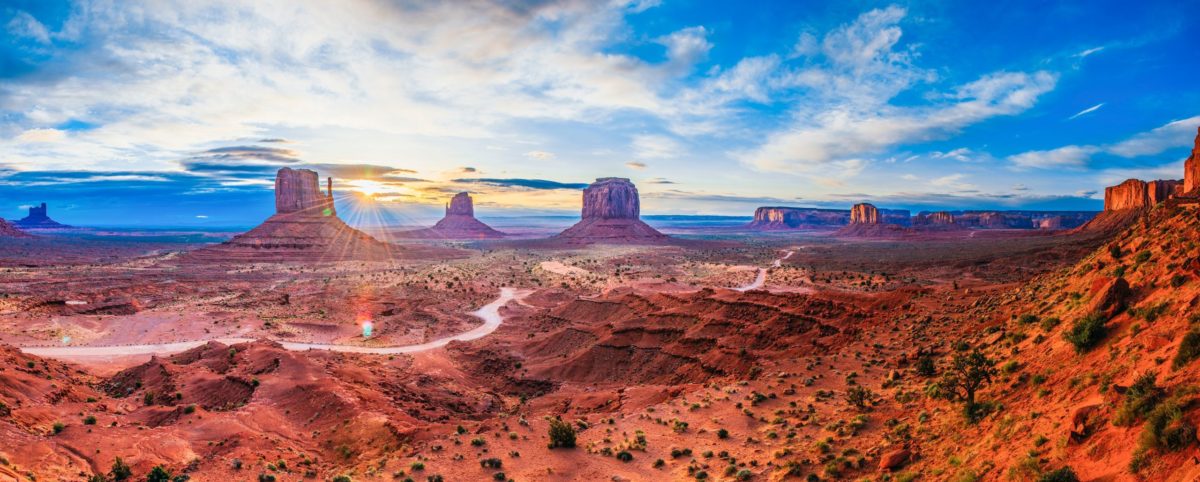Living here in Japan, I get the unique opportunity to compare and contrast the differences between cultures. One thing I like about living in Japan is the convenience of some parts of daily life. An example of this is paying bills at the convenience store. In America, there is no way I can do this (as far as I know), so being able to pay bills conveniently is something I really like about living in Japan. Like I’ve mentioned in my other article, service here is generally top notch. I have never felt more appreciated as a customer than in living in Japan. While service isn’t “bad” in America, Japan just takes it to a new level in terms of how to treat people. The kindness and consideration I’ve felt here by the people is something I’ve never experienced before.
In America, there are advantages to living there as well. For example, if I need to get something done quickly, America is the place to do it. For example, when I go to the bank for an inquiry, I am usually finished within 30 minutes or less. In Japan, there are many “steps” that people take before I can get things done. While this isn’t an issue for me (to counteract this, I just go to places earlier than usual), I can see how some Americans won’t be used to the pace of Japanese life.
Another aspect of American convenience is the ability to “wing it”. This means that there is a large amount of flexibility when dealing with transactions and interactions with people that, in my experience, haven’t really seen here in Japan. There is a certain adherence to the rules in Japan, that for some Americans, seems to be rather stiff and suffocating. Overall, one isn’t better than the other, it’s just a different style.
Questions:
1) Have you ever lived in another country? What did you like/dislike about it the most?
2) In your opinion, is it important to have the ability to “wing it” or be flexible? Why or why not?
3) What are some things you find convenient about living in Japan?
4) Do you pay your bills at the convenience store? If so, do you go to the same store, or different stores?
5) What conveniences would you like to see in Japan?
Key Words and Phrases:
notch, in terms of, wing it, adherence, stiff, suffocating
::::::::::::::::::::::::::::
英語が話せる!「SEI新宿英会話教室」 http://www.sayinsei.com/
♦〒160-0022 東京都新宿区新宿2-8-1 新宿セブンビル 606
♦メール: sei@kaonnuri.com TEL: 03-5925-8247

